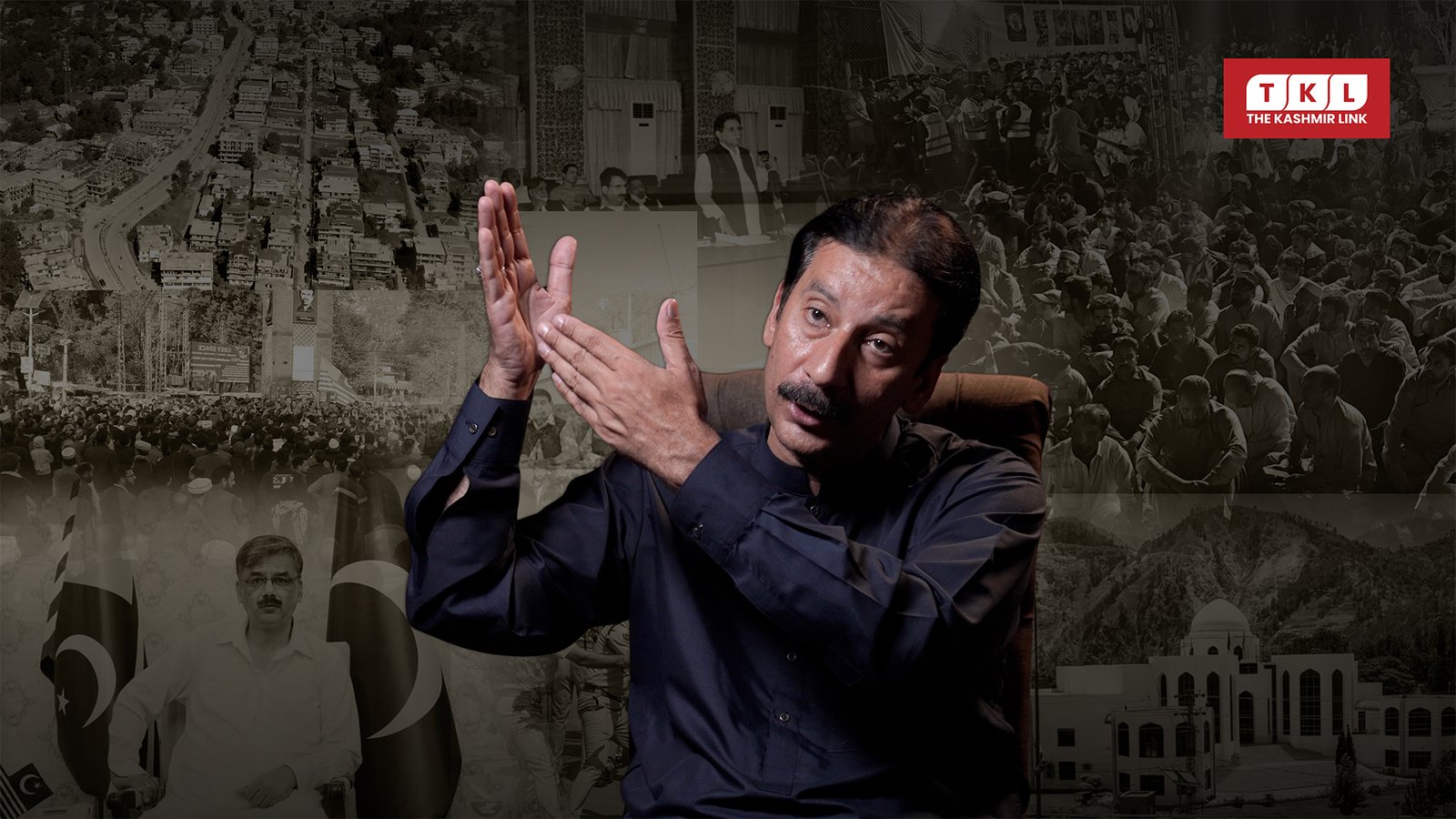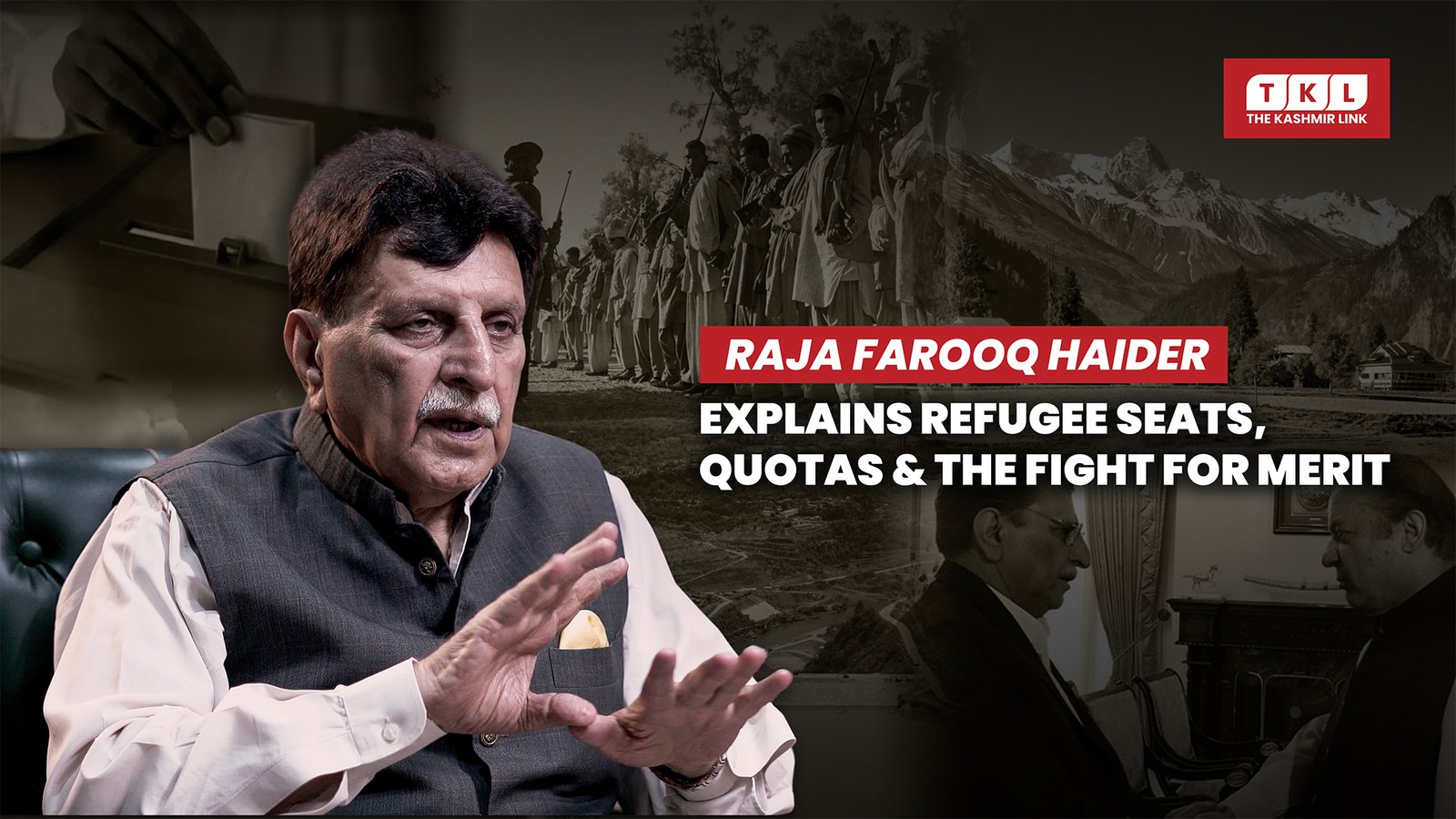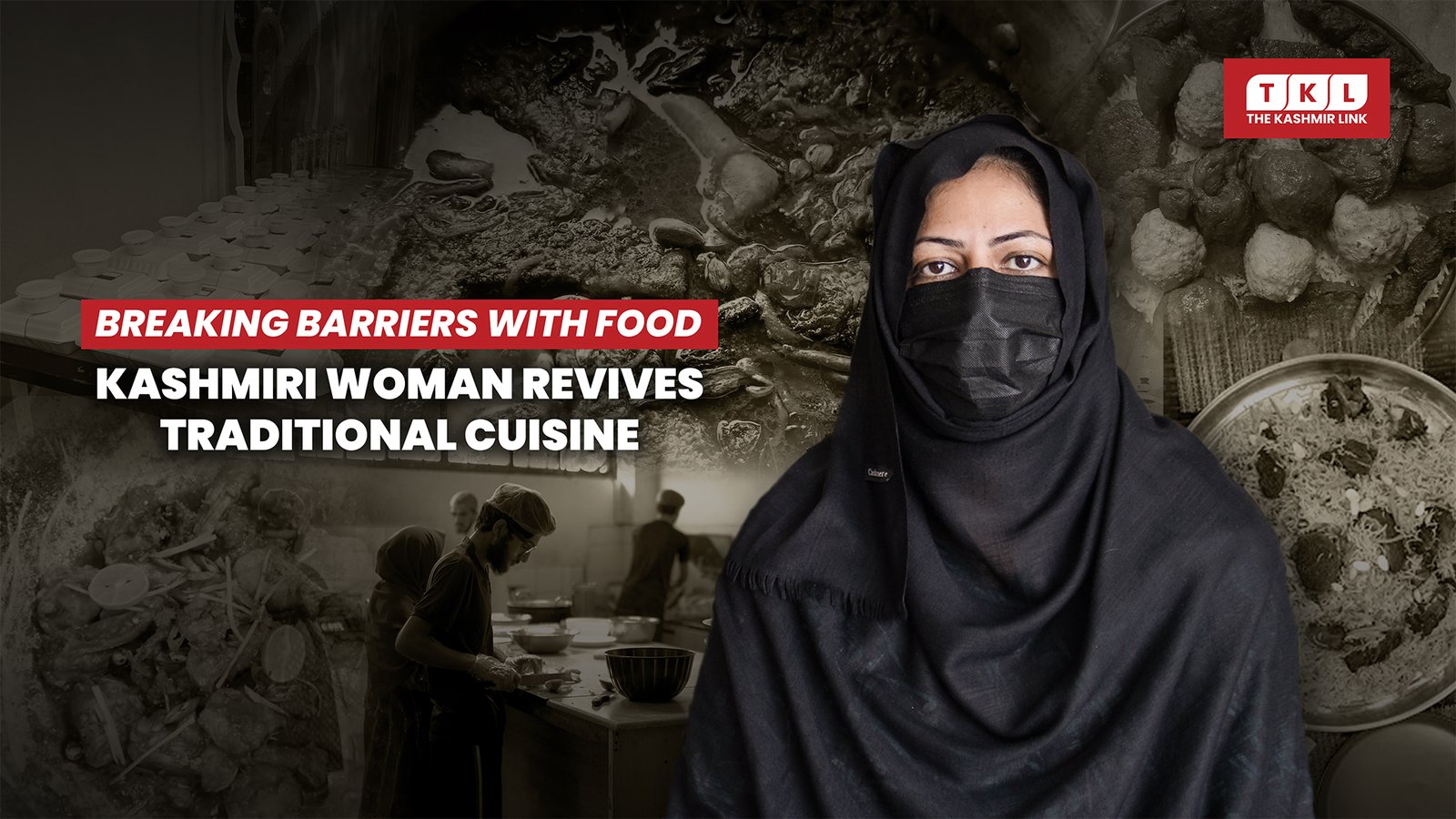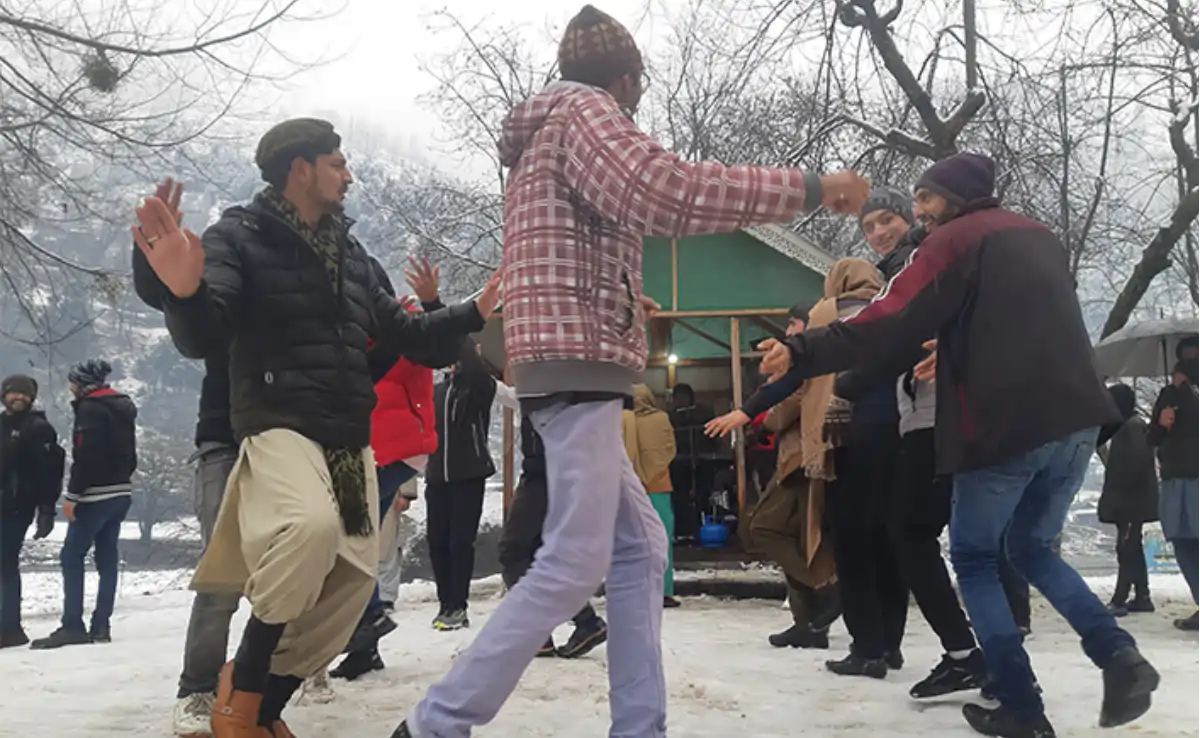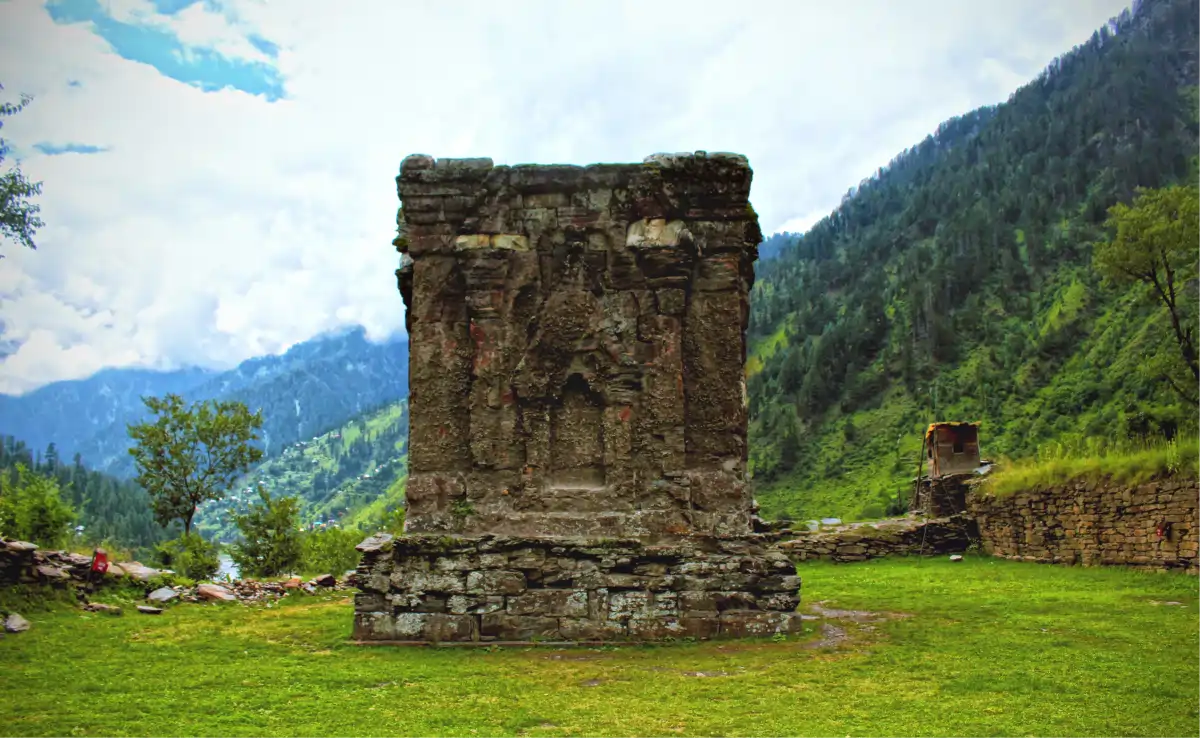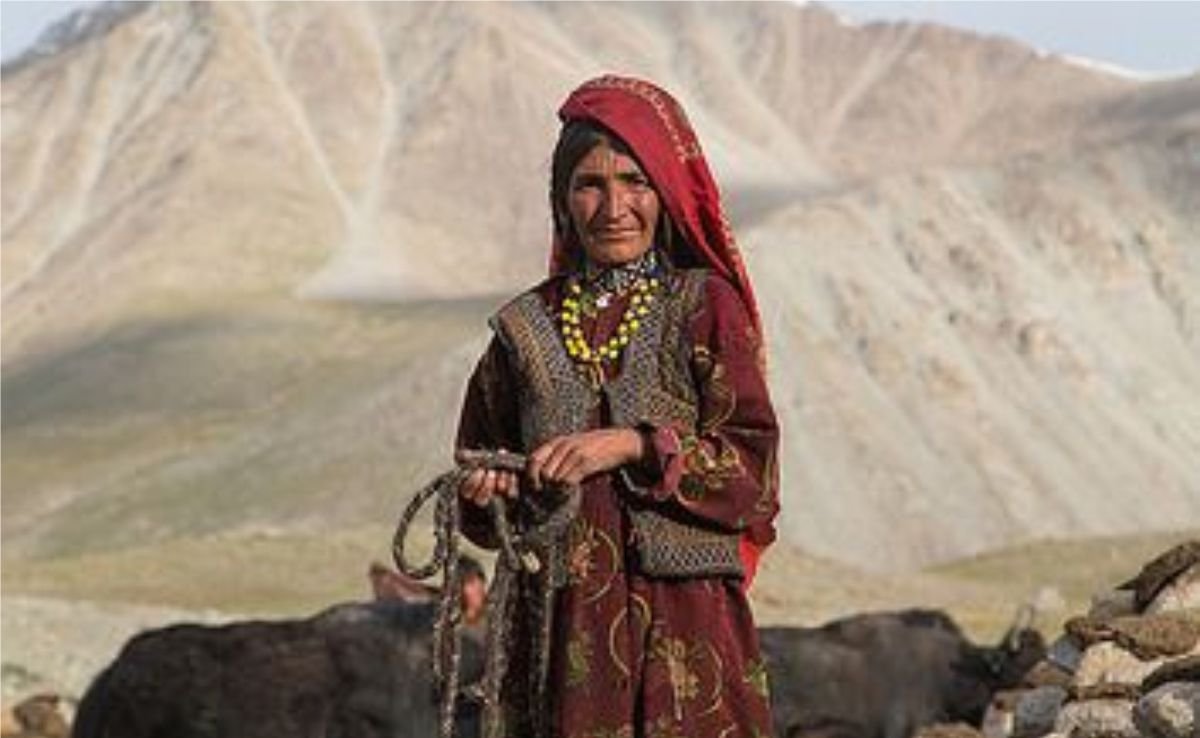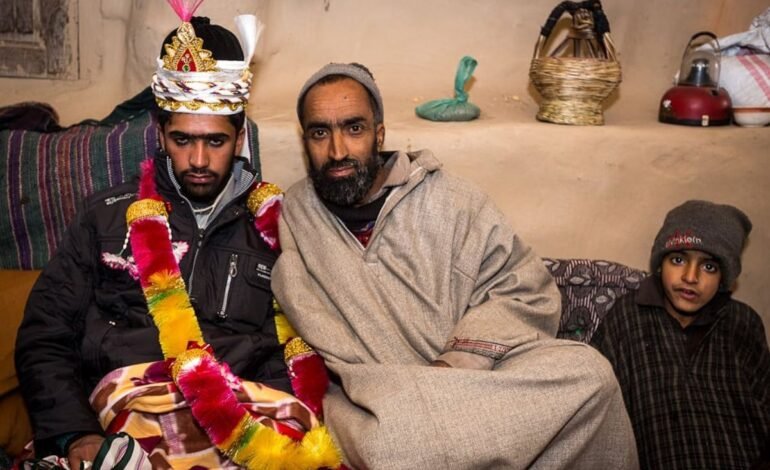
Weddings in Azad Kashmir: Tradition and Culture
Azad Jammu and Kashmir (AJK) is a dazzling region in Pakistan, wealthy in regular magnificence and social variety. While its rich valleys and transcending mountains draw in voyagers from everywhere
Azad Jammu and Kashmir (AJK) is a dazzling region in Pakistan, wealthy in regular magnificence and social variety. While its rich valleys and transcending mountains draw in voyagers from everywhere in the world, weddings in Azad Kashmir are an extraordinary reflection of its vivid legacy. From the clamoring roads of Muzaffarabad to the quiet peaks of Rawalakot, the weddings of AJK showcase a mix of customs, ceremonies, and festivities passed down through the ages. Whether it’s the dynamic Gujjar weddings, the natural appeal of the Pahari functions, or the multifaceted polish of Kashmiri associations, every local area in AJK offers a one-of-a-kind viewpoint on marriage that highlights the significance of family, solidarity, and culture.
Gujjar Weddings: Simplicity Meets Vibrancy
Gujjars are the largest ethnic community in AJK, traditionally pastoral and agricultural. Their weddings are a blend of simplicity, warmth, and communal celebration. These weddings are not just about the couple; they are an event that unites entire villages.
Key Customs:
The Gujjar wedding starts with a formal engagement known as Rasm-e-Nikah, where both families give their consent to the union. A special ceremony called Rukhsati marks the bride’s departure from her parental home, a bittersweet moment that is celebrated with much emotion.
Attire:
The bride typically wears a brightly colored lehenga or a long gown, often in shades of red or green. She adorns her outfit with heavy embroidery and complements it with ornate jewelry like nose rings and necklaces. The groom chooses a classic salwar kameez and completes his look with a shawl or turban.
Celebrations and Rituals:
Gujjar weddings are full of music and dance. Folk songs are sung, and family members play traditional instruments like the dholak. One of the most cherished rituals is Dastarbandi, where the groom’s family ties a turban on him to signify respect and honor. The lively celebrations are centered around the joyous gathering of family and friends.
Pahari Weddings: A Mountainous Celebration of Life
The Pahari people, living in the hilly terrains of AJK, are known for their rustic yet grand wedding celebrations. Their weddings beautifully blend local traditions, music, and dances.
Customs:
Pahari weddings begin with an engagement ceremony, followed by the bride undergoing Raat Rukh—a pre-wedding beauty treatment. The two families gather to exchange gifts and prepare for the main wedding celebration.
Attire:
For the wedding, the bride often wears a colorful saree, lehenga, or salwar kameez, heavily adorned with silver jewelry, reflecting the region’s love for silver. The groom’s attire is practical, suitable for the mountainous climate, and includes a woolen coat and churidar.
Celebrations and Rituals:
A highlight of Pahari weddings is the Dhamal dance—a lively, energetic performance where guests join hands in a circle and perform rhythmic movements. Feasts are another integral part of the celebration, with the Wazwan (a traditional Kashmiri feast) served to guests. The wedding is not just a personal event but a community-wide celebration that brings everyone together.
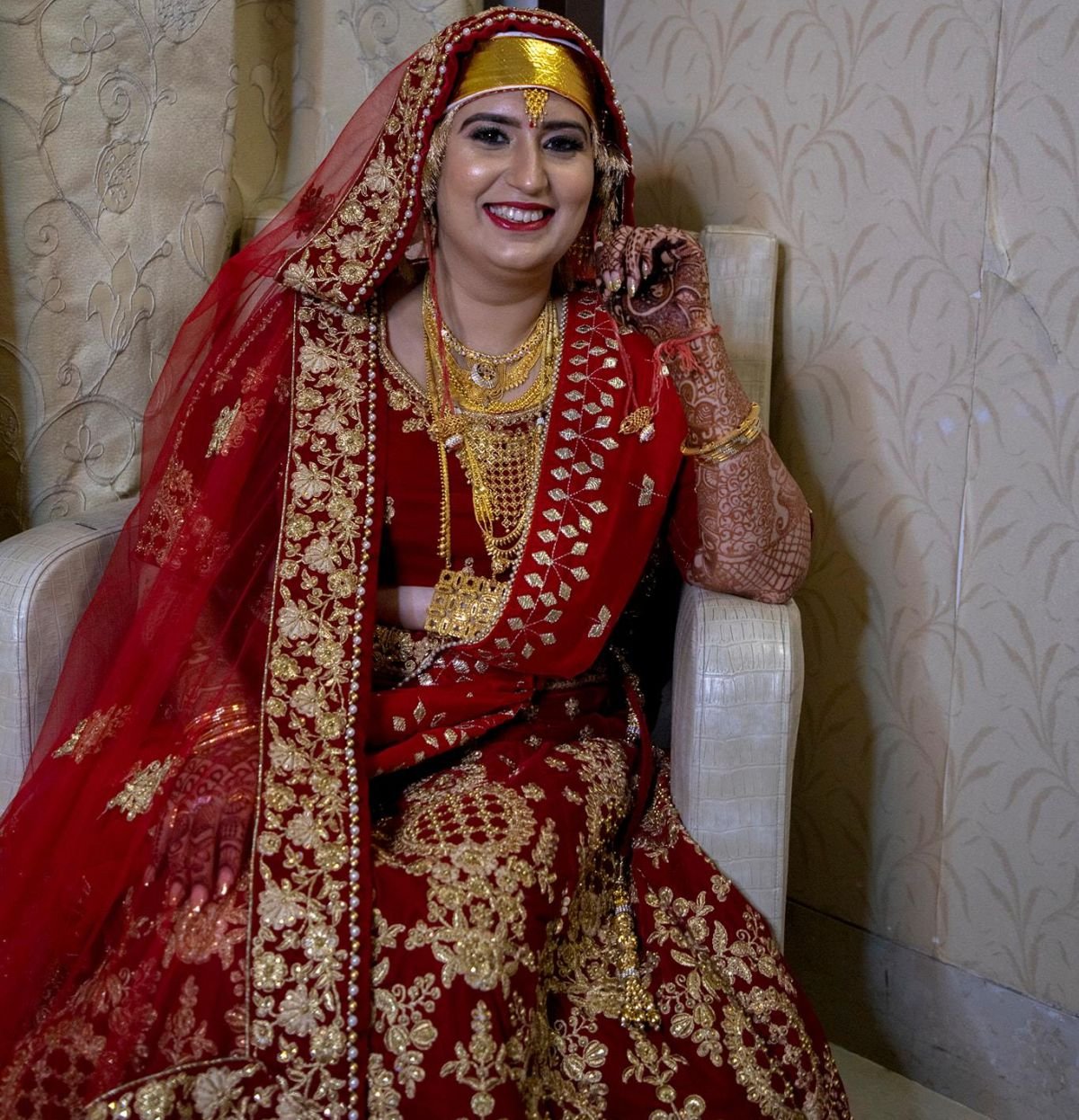
Weddings in Azad Kashmir: The Art of Elegance and Tradition
Among the three communities, Kashmiri weddings stand out for their grandeur and detailed rituals. Rooted in centuries-old traditions, these weddings are a mixture of Islamic customs and the region’s unique cultural practices.
Customs:
Kashmiri weddings span several days, with numerous rituals. The Manzrat is the formal proposal, and the Mayoun is a beauty treatment for the bride before the wedding. The night before the wedding, Chandni Raat sees the groom’s family bring gifts for the bride. The wedding itself includes the sacred Nikah (marriage contract), followed by the emotional Rukhsati as the bride leaves her parental home.
Attire:
The Kashmiri bride wears a traditional Pheran—a long, richly embroidered gown. Gold jewelry, including a nose ring and maang tikka, complete her look. The groom dons a Sherwani (an intricately designed long coat) and traditional headgear known as the Paghri, paired with a chadar (shawl).
Celebrations and Rituals:
Kashmiri weddings are famous for their various services. Wazwan, the Kashmiri dining experience, assumes a critical part, where visitors partake in a rich spread of meats and rice dishes. The wedding’s mood is loaded up with Sufiana Kalam music, mixing old style and people’s customs that make an otherworldly air. The Walima, the gathering facilitated by the man of the hour’s family, is an excellent occasion loaded with music, dance, and lavish food.
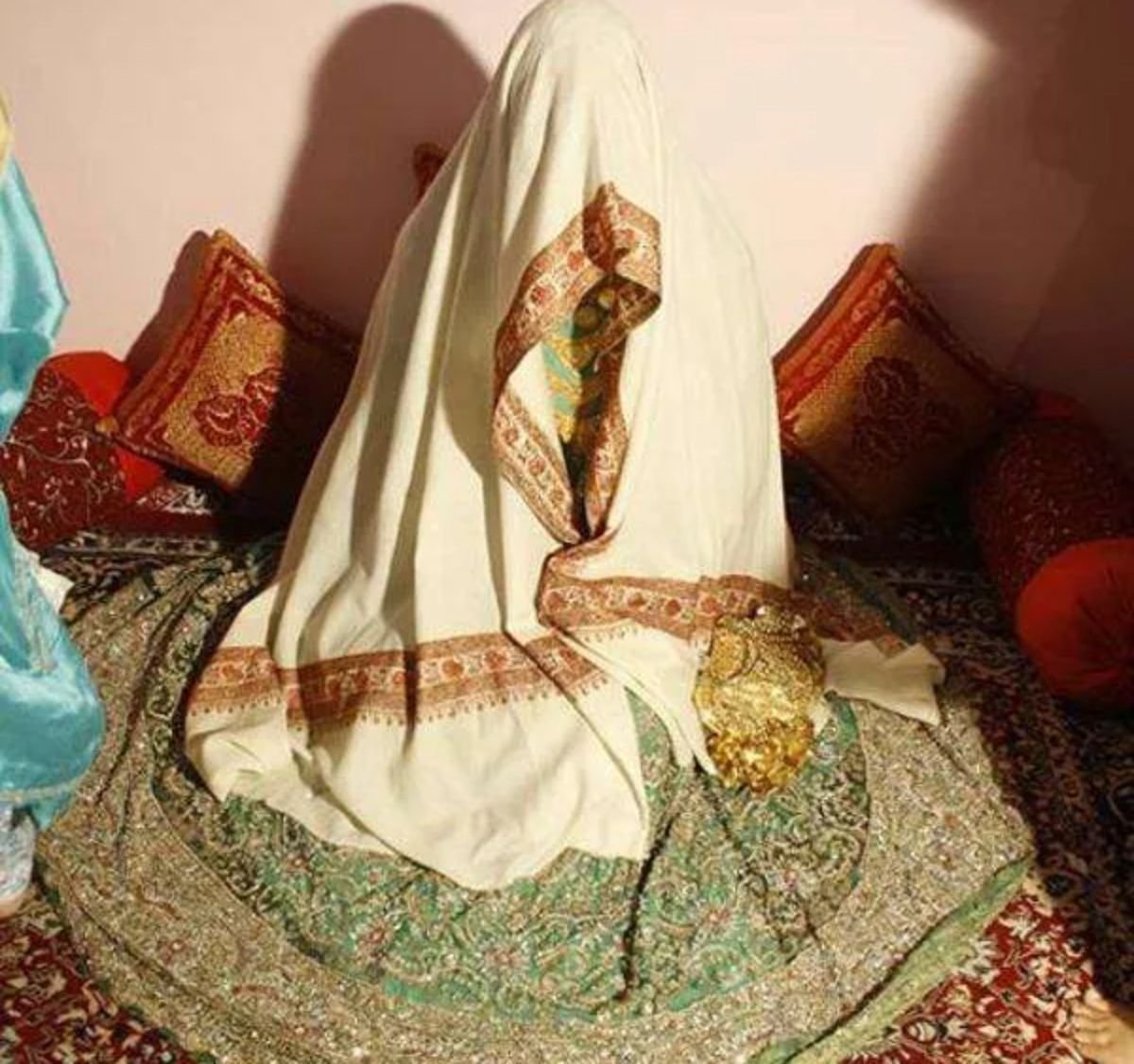
Shared Traditions: What Unites All Weddings in Azad Kashmir
While each community in Azad Jammu & Kashmir has its unique wedding customs, several shared traditions reflect the region’s collective cultural fabric.
Family and Community at the Heart of Celebrations:
In AJK, weddings are not just the union of two individuals but the coming together of entire families. The significance of family is paramount in all wedding ceremonies. From the engagement to the final celebration, the involvement of extended family and even neighbors is common. The idea of a wedding being a collective family celebration rather than an individual event is a shared value across Gujjar, Pahari, and Kashmiri weddings.
The Role of Music and Dance:
Without music and dance, weddings are not complete in any community. Music defines the celebratory mood of these gatherings, from the Sufiana Kalam at Kashmiri weddings to the dholak music at Gujjar weddings. Whether it’s the folk dances at Gujjar weddings or the Dhamal at Pahari weddings, the dances bring everyone together with a joyful and festive tone.
Feasts and Culinary Traditions:
Food is an essential part of every wedding in AJK. Kashmiri weddings are famous for their Wazwan feast, while Gujjars serve traditional feasts with an emphasis on homegrown food. Pahari weddings feature local meat and rice dishes that reflect the rugged mountainous region. No matter the community, a wedding in AJK is never complete without an array of delicious dishes that celebrate the region’s culinary diversity.
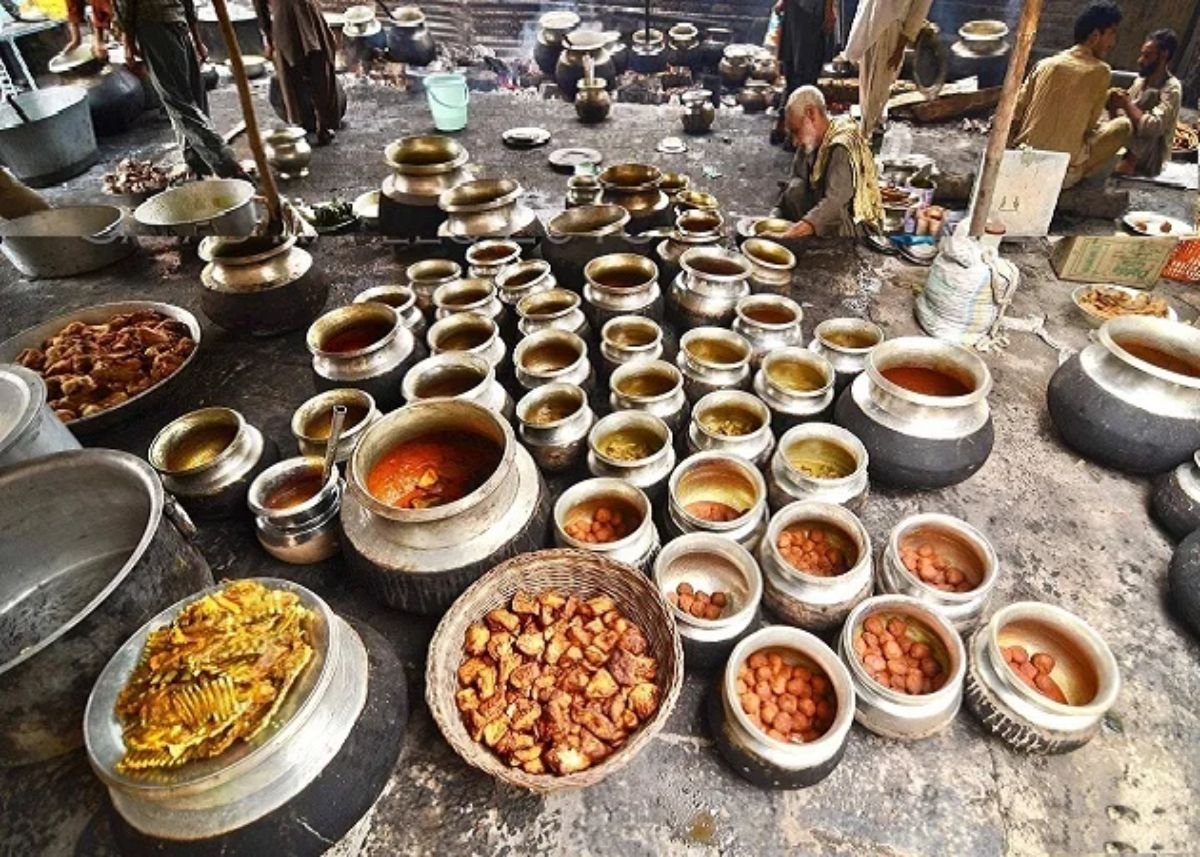
Weddings in Azad Kashmir: Tapestry of Love and Tradition
Weddings in Azad Jammu and Kashmir give a delightful impression of the district’s variety. Whether you’re attending a Gujjar, Pahari, or Kashmiri wedding, you’re seeing something other than an association of two individuals. You’re experiencing a social festival that spans ages, ties families, and strengthens community bonds. Weddings in Azad Kashmir customs are a demonstration of the region’s rich heritage, where hospitality, family, and culture come together to create unforgettable memories.
For those wanting to visit AJK, attending weddings in Azad Kashmir is one of the most enriching ways to experience its true essence. The lively celebrations, stunning clothing, and delicious food are just a few reasons why AJK remains one of the most sought-after destinations for travelers seeking to explore its cultural depth.

